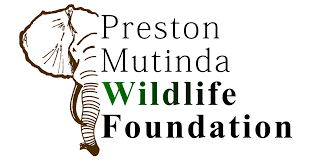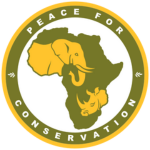Climate change poses a serious threat, not only for the environment, but also for global public health (e.g., food scarcity, drought, air pollution).Peace for Conservation fights climate change through its programs. These programs also contribute to national environmental conservation priorities and sustainable development goals. We are part of a global consortium of NGOs called CLIMATE CHANGE COLLABORATIVE (C3). C3 shares skills, technical know-how, and ways of mitigating climate change.
C3 was initiated by Environmental Education and Conservation Global (EECG) – USA as a pilot project. Through EECG, civil society organizations (CSOs) in Southeast Asia and Africa have formed a collaborative network to reduce and adapt to local climate change threats.
Climate Change Mitigation and Promoting a Circular Economy
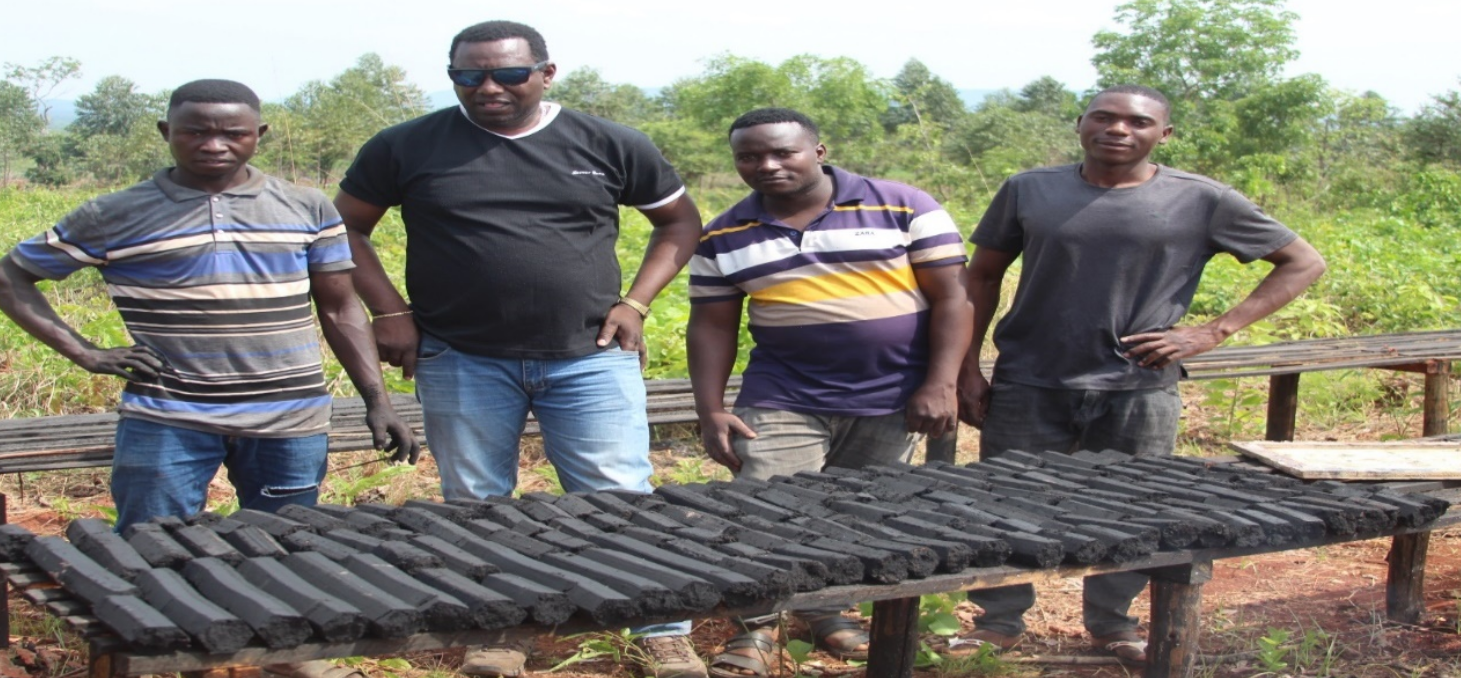
Primary Collaborators include the Snow Leopard Conservancy (India), Peace for Conservation (Tanzania), and the Satpuda Foundation (India). Additional members of the Consortium include the Buddha Outcast Social Society (India), the Mutinda Wildlife Foundation (Kenya), and the Nepal Pollinator Network (Nepal).
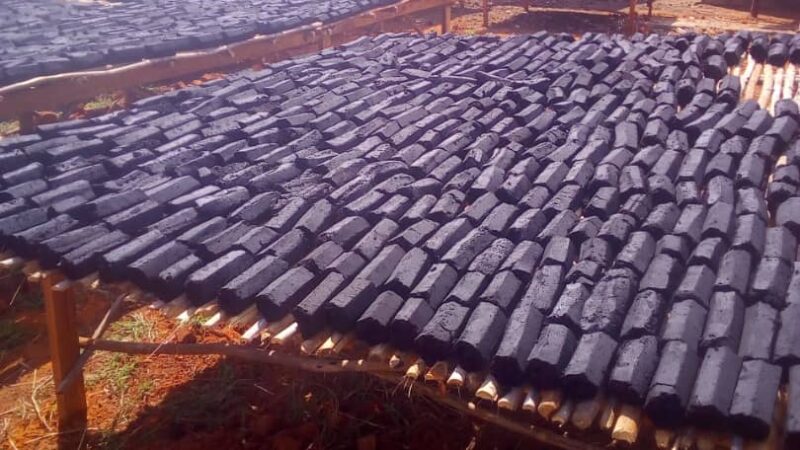
Charcoal briquettes from rice husks are shown drying in the sun. Once they are dry, the briquettes will be packed and solid to customers.
Under this program, Peace for Conservation promotes a circular economy. We give waste a new life through innovative processes, recycling to use and re use material again and again to protect the planet. Currently, Peace for Conservation is involved in making briquette charcoal using rice husks agriculture waste. We also promote using the charcoal we make to reduce deforestation. On future additional activities we will be involved in projects using plastic bottles for making bricks and pavement block as construction materials, using agriculture and organic waste for making animal feed for cattle and poultry.
The Consortium Initiated By:
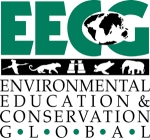
NGOS FORMED CONSORTIUM --CLIMATE CHANGE COLLABORATIVE “C3“.





